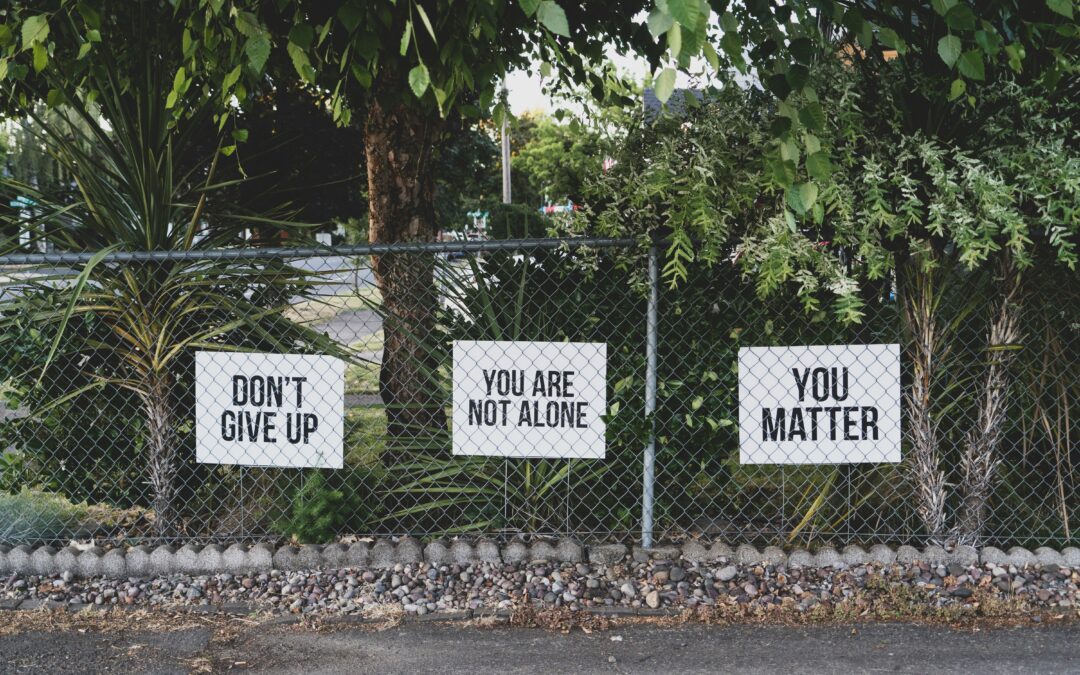According to the American Academy of Pediatrics, “Depression is one of the most common disorders in the United States, and rates among children and teens have been rising in recent years. As many as 1 in 5 adolescents has depression at some point during their teen years. Every year, about 1 out of 11 adolescents has an episode of major depression. Experts estimate that between 2% and 3% of children aged 3 to 11 years have depression.”
Recognizing Depression in Children
Children with depression will often have behavior issues. Children tend to ACT out their feelings rather than TALK about them. You may see an increase in temper tantrums or regressive behaviors when depression is present.
Understanding Teenage Depression
The most common symptom of depression in teens is irritability, not sadness. It can be hard to want to connect with a surly teen, but safety and connection are important protective factors when making a plan to address depression.
Signs and Symptoms of Depression
Recognizing the signs and symptoms of depression in children and teens is crucial for early intervention. Some common indicators include:
- Persistent sad or irritable mood
- Loss of interest in activities previously enjoyed
- Significant change in appetite of body weight
- Sleeping too much or too little
- Talking less or making less eye contact than usual
- Crying more or having feelings of worthlessness or inappropriate guilt or inadequacy
- Difficulty concentrating, thoughts can feel slow or not cohesive
- Feels nothing, numb
- Feeling misunderstood
- Spending more time alone and less time with friends or family
- Anxiety
- Somatic complaints (stomach aches, headaches, nausea, etc.)
- Not caring or feeling hopeful about the future
- Struggling or failing at school
- Lack of interest in personal grooming or appearance
- Thoughts of death or dying
- Self-harm behaviors
- Thoughts such as “I hate myself” or “I wish I was never born”
Effective Treatments for Depression
Thankfully, there are various effective treatments for depression, including:
- Education for both the child and the caregiver
- Mindfulness practices
- Cognitive-behavioral therapy (CBT)
- Dialectical behavior therapy (DBT)
- Interpersonal therapy
- Medication, when necessary
Supportive Strategies at Home
Supporting a child or teen with depression starts at home. Here are some strategies for caregivers and parents:
- Collaborate on plans to improve well-being
- Prioritize basic health hygiene, including sleep, exercise, and healthy eating
- Validate that it can be hard to recognize and talk about feelings while encouraging those conversations
- Use observed behaviors as a way to start conversations. For example, “I noticed that… you used to sing in the shower, but you haven’t been lately” or “you used to look forward to hanging out with friends on Saturdays, but you’re staying home lately”
- Focus on your child’s strengths
- Challenge negative thinking
- Do not accommodate unhealthy avoidance
- Assess your own behavior/modeling
- Assess safety: It is OK to ask your child if they ever thought about hurting themselves. Asking does not implant the thought in their head. Asking can help destigmatize these thoughts and feelings while creating a safe environment to talk
Recommended Resource:
For young children, a valuable resource is the book “Have You Filled a Bucket Today?: A Guide to Daily Happiness for Kids” by Carol McCloud and David Messing. This book offers a gentle approach to understanding emotions and fostering positive behaviors in children.
In conclusion, depression in children and teens is a significant issue that requires attention and support from caregivers and professionals alike. By recognizing the signs, using appropriate treatments, and providing a nurturing environment, you can help your children and teens navigate through depression to find hope and healing.
Who is Mentallus?
Mentallus is a leader in creating pathways for parents with children struggling with behavioral or mental health issues. Our mission is simple yet profound: to empower parents with the tools and resources they need to confidently navigate their children’s mental health journeys. We want you to feel supported, heard, and equipped to face whatever comes your way.
Have questions or are looking for more tips? Let’s chat! We offer FREE consultations that you can schedule below.

